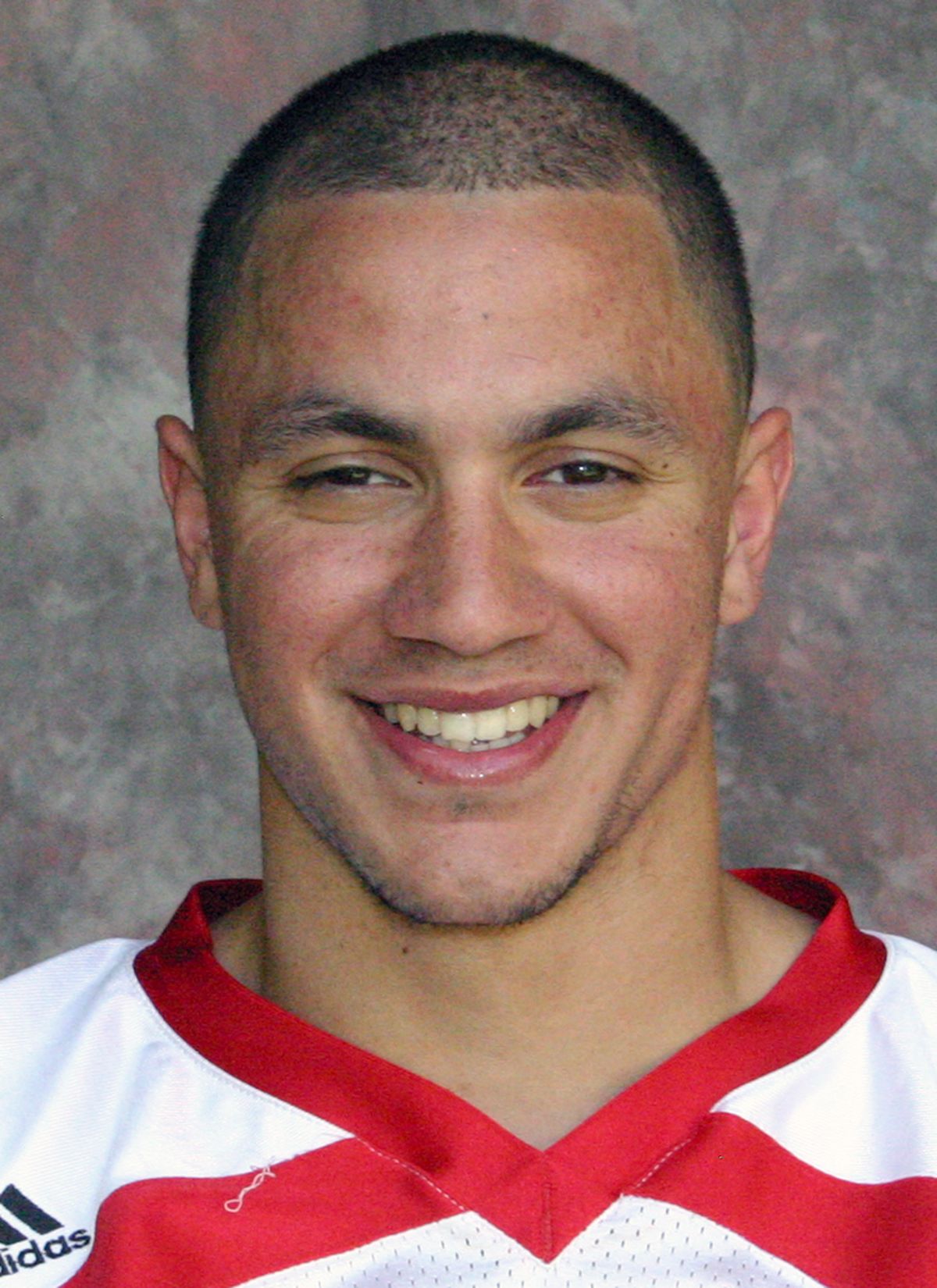Davis shoulders receiving load
Injury can’t deter Eastern junior

The off-season surgery that was supposed to repair the torn labrum and ease the pain in Tony Davis’ left shoulder … well, it didn’t.
That makes the start Davis has had in 2008 all the more remarkable.
“Even today, if I take a certain hit, or dive on it, there’s still pain,” Eastern Washington’s junior wide receiver said earlier this week about the left shoulder he injured four games into the 2007 season while making a touchdown catch in a 28-21 loss to Portland State.
That statement might come as quite a surprise to some, considering Davis – who missed spring drills because of his shoulder surgery – has already hauled in a team-high 28 passes for 313 yards and two touchdowns in three games this fall.
But those who know him best expected nothing less from the speedy, 5-foot-9, 185-pounder out of Olympia’s Capital High School.
“I know the surgery on his shoulder didn’t end up as well as he wanted, and he’s probably going to have to do it again,” said Matt Nichols, EWU’s junior quarterback, who has made Davis his favorite target again this fall. “Everything he’s doing he’s still doing with a partial torn labrum, which shows you his toughness right there.
“Even playing injured, he won’t shy away from a hit or a catch or anything. He’s not favoring the shoulder, even though it hurts. He’s just playing football the way he’s always played, whether he’s injured or not.”
According to his position coach Chris Peterson, Davis has not been the least bit hesitant to take on contact this fall, despite his injury.
“Tony is the kind of guy who does things only one way, and that’s at full speed,” Peterson said. “Playing tentative – even coming off an injury like his – is just foreign to him. He simply doesn’t know how to do that.”
Davis opened the 2007 season as a starter in the slot and caught 17 passes for 256 yards and two touchdowns in Eastern’s first three games. But after suffering a third-degree tear in his labrum against PSU, he missed the next four while trying to rehabilitate his injured shoulder without undergoing surgery.
During his absence, the Eagles lost twice – to Montana and BYU – and put their postseason playoff hopes in jeopardy. But after Davis returned, they closed their regular season with three consecutive Big Sky Conference wins and earned an at-large playoff berth and a 44-15 first-round road win over highly favored McNeese State in a game in which Davis caught eight passes for 131 yards and a touchdown.
“It was really hard to just sit and watch, especially when we lost those two games when I was out,” Davis said.
Following the Eagles’ 38-35 playoff loss to eventual national champion Appalachian State, Davis opted to have surgery on his shoulder. He went under the knife last March and spent nearly two months unable to train in any way.
“It was definitely a long process,” he said of his extended rehab stint.
Still, there were few signs of rust when the Eagles opened camp this fall – as evidenced by the fact that Davis ranks No. 2 in the BSC in receptions, with an average of 9.33 catches per game, and third in receiving yardage with an average of 104.3 yards per game.
Davis’ return has been seamless, Nichols said.
“It translated into some lower numbers for some of our other receivers, having Tony back getting his touches and his yards again,” Nichols said. “But everyone is OK with that, because it ultimately makes us a better offense.”
Davis, who will make the 14th start of his career on Saturday, when the Eagles (1-2) open Big Sky Conference play at home against Idaho State (0-3), is just elated to be playing again – shoulder pain, or not.
“It’s been a blessed situation that I’ve been able to contribute the way I have – especially coming back off an injury,” he said. “It’s helped erase some of the bad memories of having to sit out those four games last fall.”
“Everyone was extremely excited to have him back,” Peterson said. “And what he’s been able to do hasn’t surprised me or any of the other coaches, just because of the type of competitor he is and the work ethic he has.
“He’s one of those special players you don’t get to coach very often.”